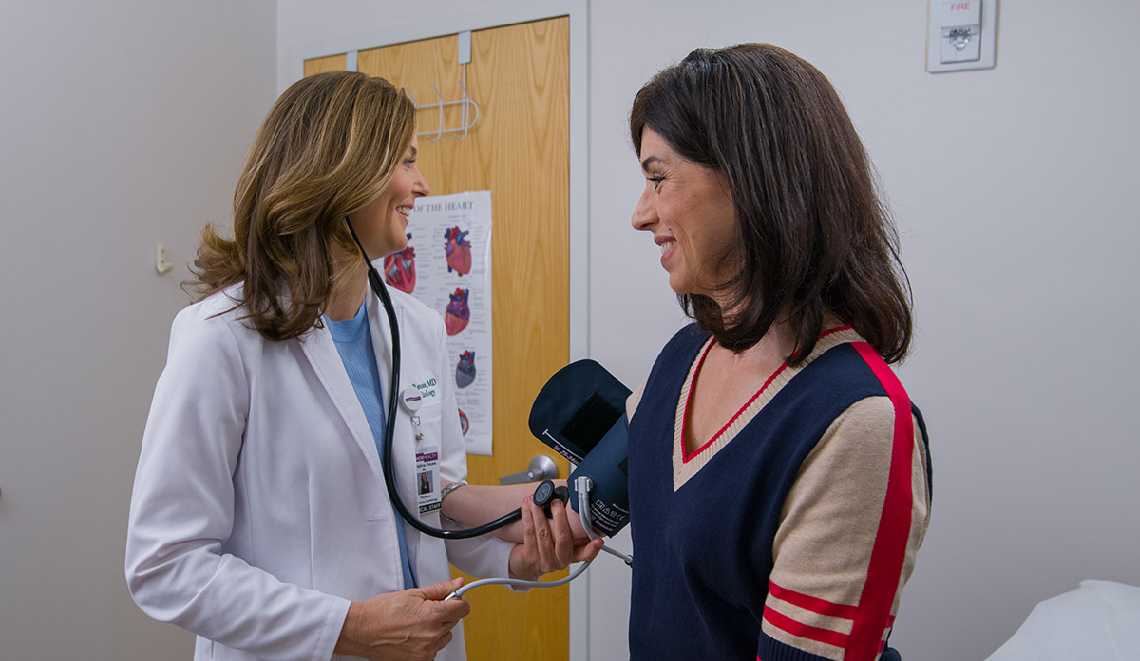Women and Heart Disease: What You Need to Know

A common myth that surrounds us is that heart disease is experienced mostly by men. In fact, heart disease is one of the most significant threats to the lives of women across the globe. To support wellness, women's health Houston makes it important for the patients to have sufficient knowledge regarding heart health since being aware of the specific risks and symptoms can literally prove to be a life saver.
The Statistics
Current statistics reveal a surprising reality that nearly one in three women die from heart disease, mostly unaware of their risk. The American Heart Association reports that women die from heart disease more than from all cancers combined. On the contrary, men tend to develop heart disease sooner and women generally experience heart disease later, after menopause, because of hormonal changes affecting their cardiovascular health. This onset of age difference underscores the need for targeted awareness specifically focusing on women’s heart health.
Unique Risk Factors for Women
Heart diseases are therefore common in women due to several other risk factors. For instance, during menopause, the levels of cholesterol increases and estrogen’s protective effect reduces. Furthermore, diseases that develop during pregnancy such as gestational diabetes and preeclampsia also elevate a woman’s chances of getting heart diseases later in life.
Moreover, heart health is influenced by various lifestyle factors in which smoking leads as a major risk, especially for younger women. The other big factor is diet — foods rich in saturated fats, sugars and salt can lead to obesity, high blood pressure and diabetes, all of which are known risks contributing to heart disease. However, by understanding these unique risk factors, women can take proactive steps that can help them reduce heart related problems later in life.
Regular Screenings and Check Ups
Maintaining heart health is important. Women often miss opportunities of prevention and early detection because they prioritize family and work commitments over their own health. They need to schedule regular visits with their healthcare providers, who analyze the risk factors and recommend appropriate screenings. Sometimes, only cholesterol levels, blood pressure measurements, and even stress tests can reveal much about a person's heart health.
Medications and Treatments
Treatments are more effective for women diagnosed with heart disease who follow a plan. Older or younger women should not hesitate to discuss their problems with a healthcare provider to receive the best possible treatment. It is especially important to emphasize that people with certain diseases should not only adhere to prescribed medications but also work to significantly reduce the risk of worsening their condition while improving their health.
The Psychological Burden
One more important thing to not overlook is the emotional toll of heart disease in women. Mostly, women face increased anxiety and depression once they learn about their disease, making recovery difficult. Unlike men, who are more prone to have heart disease, women often feel isolated or misunderstood in discussions about heart health.
Women need support one way or another, whether that is through a professional counselor, support group, or just sharing her feelings to friends or family about these experiences. Understanding and acknowledging these psychological problems in women plays an important role for faster recovery in them.
Conclusion
Heart disease in women is a major health problem – characterized by specific risks, symptoms and emotional issues. It’s important for women to know their risk of heart disease, get regular screening, and with awareness, effective treatments, they can take better care of their health. Regardless of gender, prevention is the first step towards cure.

